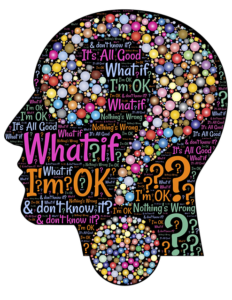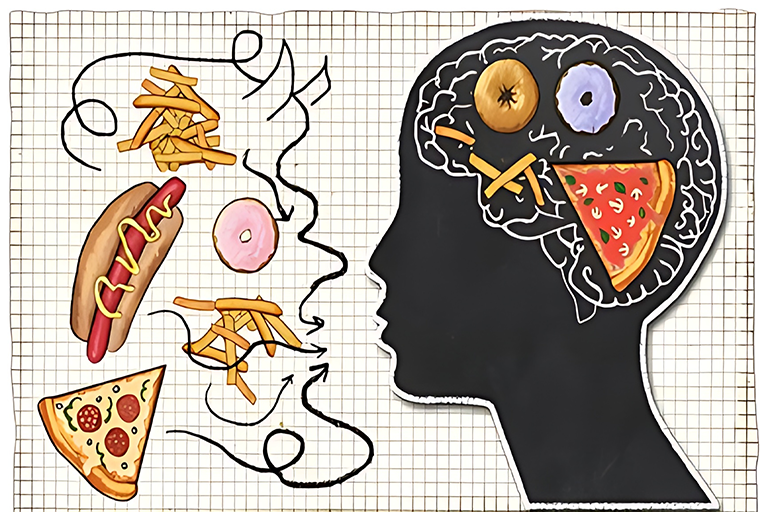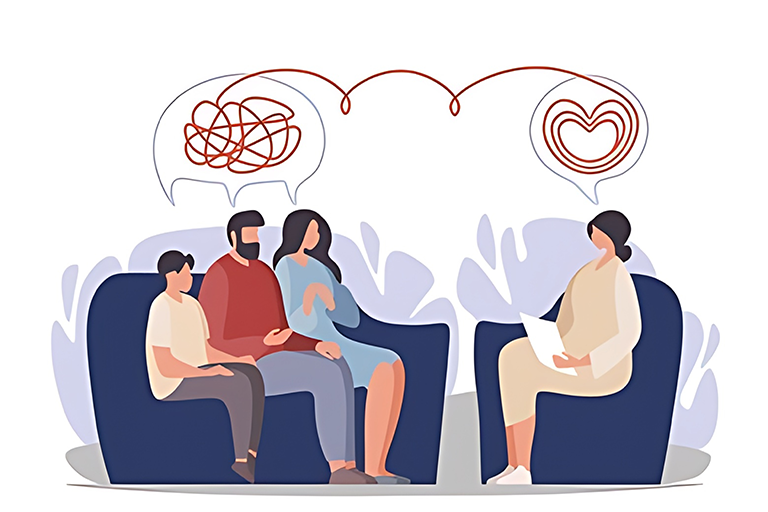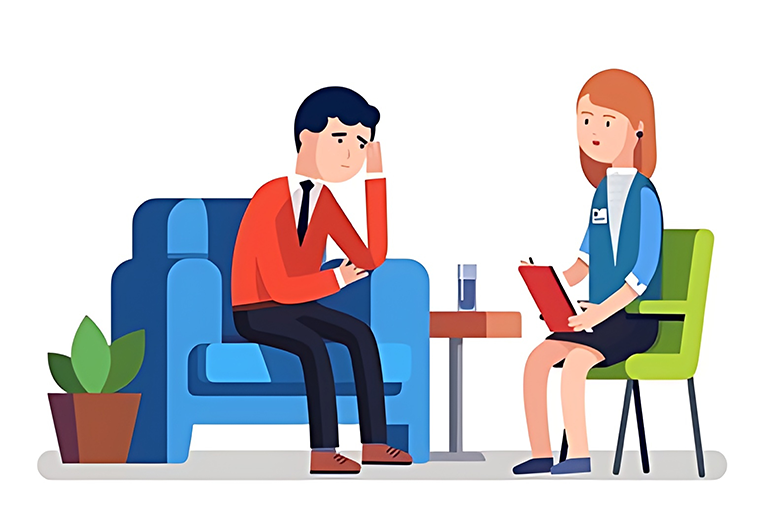Surprise is a fascinating and powerful emotion that we experience in response to unexpected or novel events. It is an emotion that can range from a mild shock to a full-blown sense of awe, and it plays an important role in how we perceive and interact with the world around us. In this blog, we will explore surprise as an emotion, its triggers, effects, and some coping strategies for dealing with surprise.
What is surprise, as an emotion?
Surprise is an emotional response that occurs when we encounter something unexpected or unfamiliar. It is a universal emotion that can be observed across cultures, and it is characterized by a sudden shift in attention, heightened physiological arousal, and a sense of uncertainty. Surprise can be triggered by a wide range of events, such as unexpected news, a sudden noise, or a startling image.
The effects of surprise
Surprise can have both positive and negative effects on our emotions and behavior. On the positive side, surprise can be a source of delight, inspiration, and creativity. It can lead to feelings of excitement, joy, and wonder, and it can inspire us to explore new ideas and perspectives.
On the negative side, surprise can also be a source of stress, anxiety, and fear. It can lead to feelings of confusion, disorientation, and insecurity, and it can make us feel vulnerable and exposed. In extreme cases, surprise can trigger a fight-or-flight response, leading to physical symptoms such as increased heart rate and sweating.

Coping strategies for dealing with surprise
While surprise can be a challenging emotion to deal with, several coping strategies can help us manage our surprise in healthy ways. Here are some strategies for dealing with surprises:
Take a deep breath: When you feel yourself becoming surprised, take a deep breath and focus on your breathing. This can help to calm your nerves and slow down your heart rate. Take a deep breath and pay attention to your breathing whenever you feel astonished. Your anxiety may decrease and your heart rate may slow as a result.
Practice mindfulness: Mindfulness is a practice that involves being present now and non-judgmentally observing your thoughts and feelings. When you feel surprised, try practicing mindfulness techniques such as deep breathing, body scanning, or guided meditation.
Embrace the surprise: Sometimes, the best way to deal with a surprise is to simply embrace it. Rather than trying to fight the unexpected, try to see it as an opportunity for growth and learning. Embrace the surprise and see where it takes you.
Seek support: If you feel overwhelmed by your feelings of surprise, it may be helpful to seek support from a friend, family member, or mental health professional. Talking through your emotions with someone else can help to alleviate stress and anxiety.

Conclusion
In conclusion, surprise is a powerful and complex emotion that can have both positive and negative effects on our lives. By taking deep breaths, practicing mindfulness, embracing the surprise, and seeking support, when necessary, we can learn to manage our feelings of surprise in healthy and constructive ways. Ultimately, by learning to manage our surprise, we can improve our physical and mental health, reduce our feelings of stress and anxiety, and live more fulfilling lives. Take a deep breath and pay attention to your breathing whenever you feel astonished. Your anxiety may decrease and your heart rate may slow as a result.
It could be beneficial to ask a friend, member of your family, or a mental health expert for support if you feel overpowered by your feelings of surprise. Stress and anxiety can be reduced by sharing your feelings with another person.
Learn more: Mental Health Awareness
& Mobile Phone Addiction & Teenagers
Shruti Dua, Mental Health Blogger, YOUR Confidant





